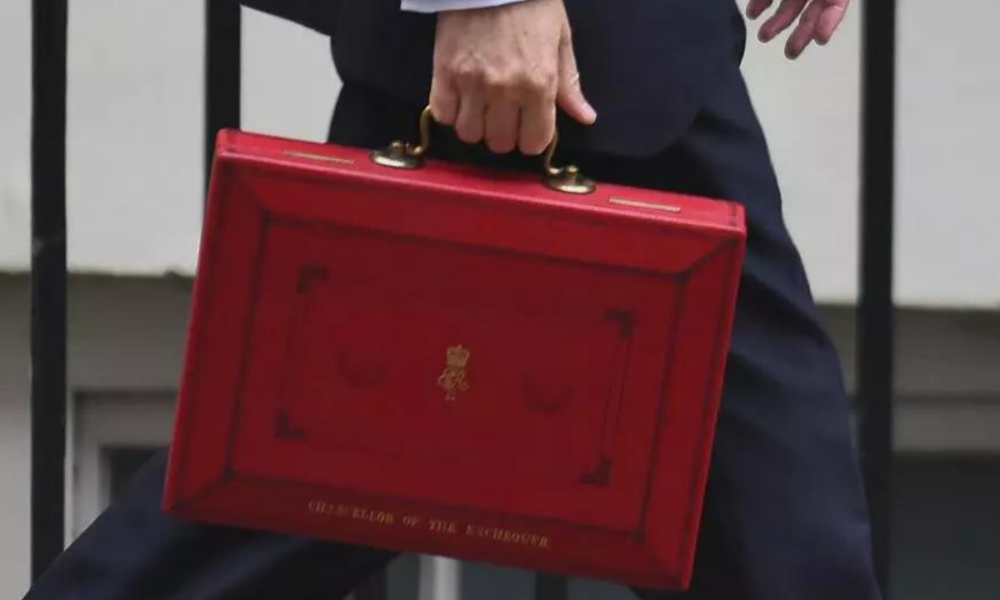“Pre-lockdown, a good number of our clients needed carers to help part-time or with complex care,” Renate Winkler, Managing Director of Guardian Carers, said in a Freelance Informer report.
The MD of the introductory care agency, which matches carers and companions in people’s homes all over the UK and internationally, said: “But now, many of our new clients are unable to see their families and are isolated, therefore unable to have much social interaction. Since being alone their health has deteriorated.”
Winkler said families now place a priority on carers who can create a personal connection with their loved one and provide the companionship element. “They are no longer needing just personal care or help with medications, for example. It’s about helping with their mental health and keeping them entertained,” she explained.
While Guardian’s carers are not qualified therapists, many have taken online courses on how to better engage with clients, says Winkler, with ‘out of the box thinking’ making a lasting impression for clients when it means creating different activities for clients bespoke to their abilities and interests.
“It’s vital for them to not only have care but to receive something extra. We get to see first-hand how happy our clients are when carers take them out for walks, sing or listen to their favourite music, play puzzles, and other cognition-enhancing games. For instance, we have partnered with My Cognition who offers therapy for people with dementia through their app which trains the brain with games.”
Without access to meaningful daily social interaction through visits, patients and care home residents with dementia have developed anxiety and become reliant on medication they did not previously need, it has been reported. But music could help, and namely music therapists could be the ones to help patients heal from the effects of solitude on mental health.
According to Grace Meadows, Director of Music for Dementia, music therapy services are “vital” for many patients. Figures from Alzheimer’s Society showed an extra 10,000 dementia deaths in England and Wales in April following the severe impact of social isolation on people with the condition.
According to Meadows, while there is no cure for dementia, “music can respond to this challenge unlike anything else.”
Musical memories are typically made from our early teens through to our late twenties, according to Music for Dementia. The charity has launched a free radio station called M4D Radio, which enables therapists, carers, and family members to choose the birth year to listen to a chosen musical decade where musical memories were made.
By being proactive and informing your candidates and clients of the latest and potential recruitment drives on the horizon alongside out of the box thinking, such as the M4D Radio station, agencies could indirectly be saving lives.


Releasing the potential for growth Technology has proved transformative to the recruitment industry, with its benefits most strongly felt by...
Read more

Stimulating the job market and increasing opportunities for recruiters There is much speculation about the UK Budget scheduled for 30...
Read more

AI developing at astonishing pace To say that the recent rise of AI has been meteoric would be to do...
Read more